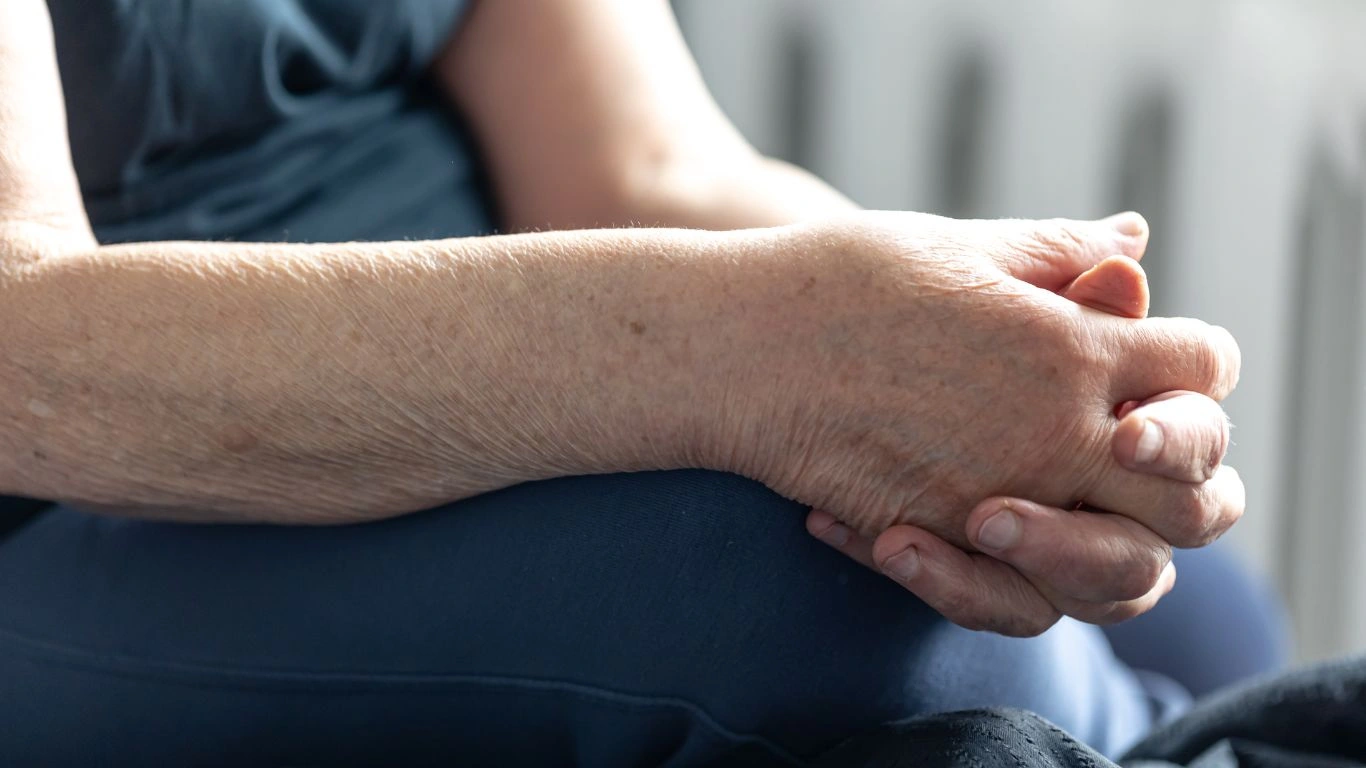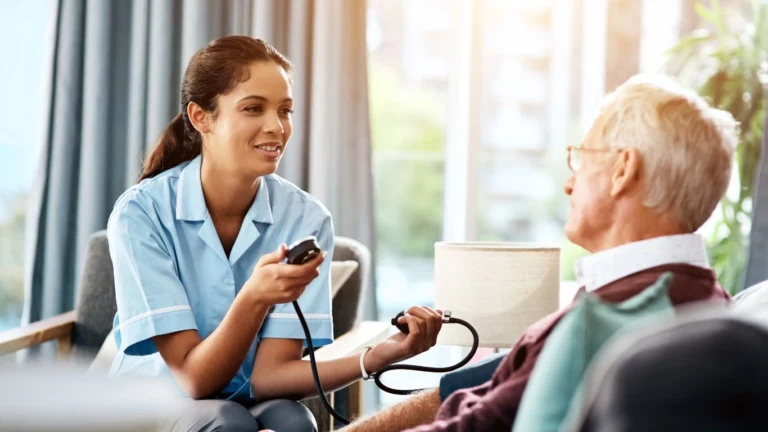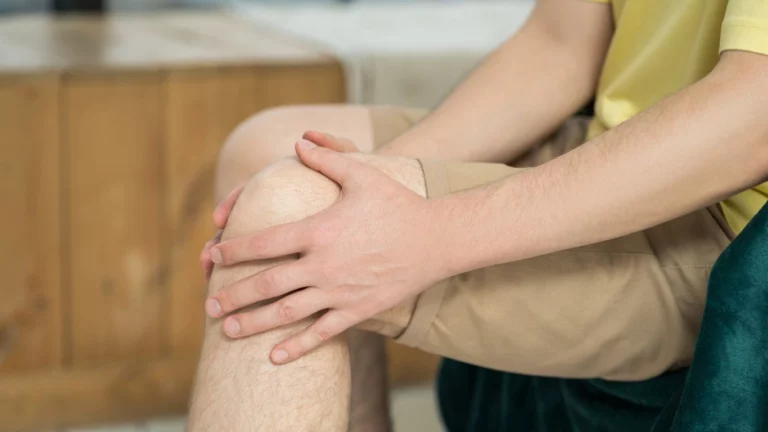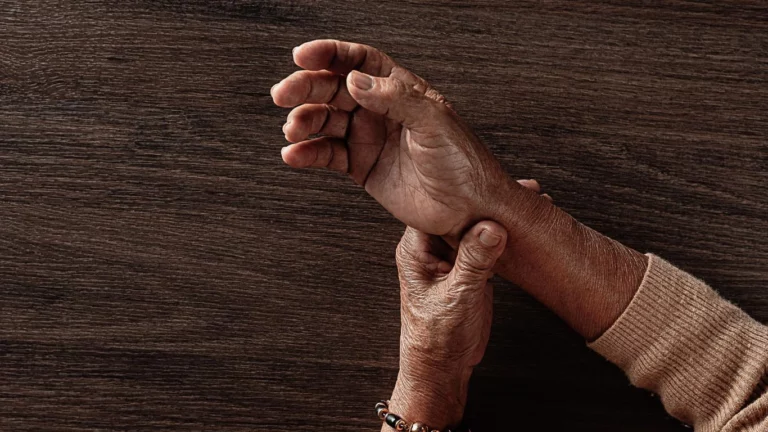Rheumatoid Arthritis and Menopause Symptoms: What You Need to Know
Ever wondered how menopause might impact your rheumatoid arthritis symptoms? You’re not alone. It’s a tough combo, but understanding how they intersect can help you manage both more effectively!
Rheumatoid arthritis (RA) and menopause are both tough experiences for many women, each one bringing its own set of challenges. But when you experience both at the same time, it can feel like you’re juggling two heavy balls. RA, which is an autoimmune condition that affects your joints, and menopause, which marks the end of your menstrual cycles, both bring about significant changes in the body. So, what happens when they collide? Let’s take a look at how RA and menopause symptoms overlap and what you can do to manage both.
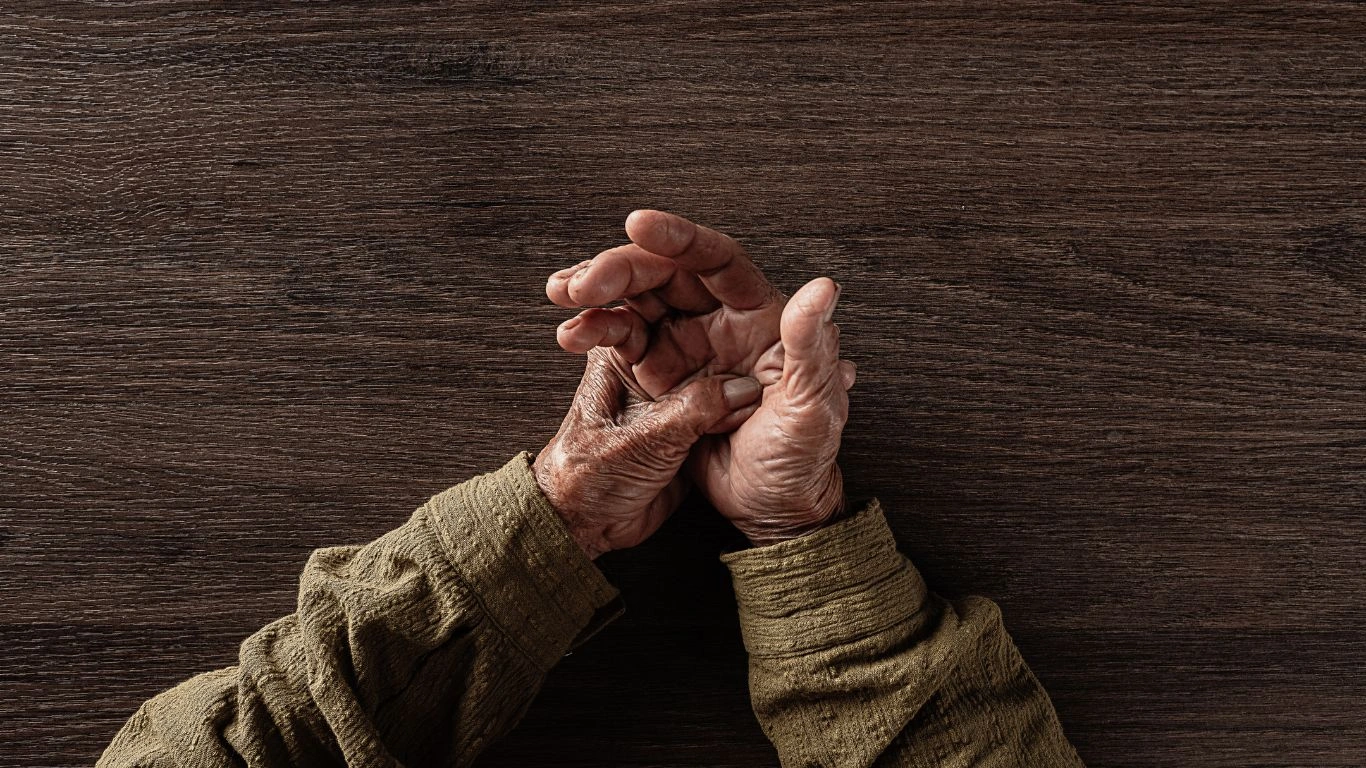
What is Rheumatoid Arthritis?
Rheumatoid arthritis is an autoimmune disease that causes chronic inflammation in your joints. Unlike osteoarthritis, which typically comes with age, RA can affect anyone, but it’s more common in women. It causes joint pain, stiffness, and swelling, often making everyday tasks more difficult. The inflammation from RA can also impact other parts of your body, including your eyes, lungs, and skin.
What is Menopause?
Menopause marks the time when a woman’s menstrual periods permanently stop, and it generally happens between the ages of 45 and 55. It’s a natural part of aging, but the symptoms can be pretty intense. Hot flashes, night sweats, mood swings, sleep disturbances, and vaginal dryness are just a few of the symptoms that come with this stage. But it doesn’t stop there—hormonal shifts during menopause can affect your bones, joints, and overall well-being.
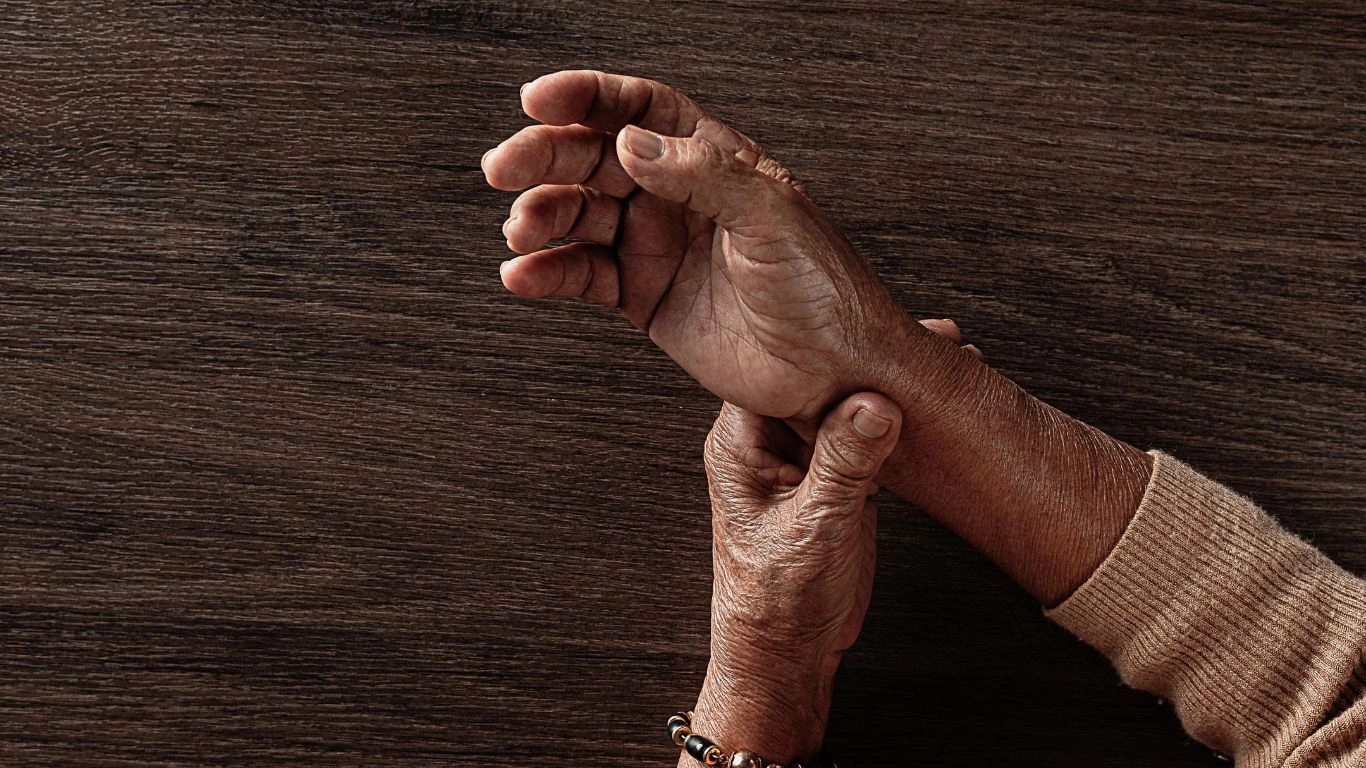
How RA and Menopause Symptoms Overlap
You’re probably wondering how these two conditions can interact. Well, it turns out that menopause can actually make RA symptoms worse for many women. The hormonal changes that occur during menopause, especially the drop in estrogen levels, may trigger more inflammation in the body. Estrogen plays a role in immune system regulation, so when levels decrease, it can cause the immune system to become more active and attack healthy joints—exacerbating the symptoms of RA.
Here’s a quick breakdown of how menopause symptoms may affect RA:
1. Joint Pain and Stiffness
Both RA and menopause can cause joint pain, but during menopause, estrogen levels drop significantly, which can lead to increased inflammation in the body. If you’re already dealing with RA, you may notice that your joints feel stiffer, more swollen, and painful during menopause. For some women, the decrease in estrogen can actually make RA flares more frequent or intense.
2. Increased Fatigue
Fatigue is a common symptom for both RA and menopause. With RA, your body is in a constant state of inflammation, which can leave you feeling drained. Menopause adds to the mix by disrupting sleep patterns with hot flashes and night sweats, leaving you even more exhausted. This combination can make it harder to stay active and manage daily tasks.
3. Bone Health Issues
Both conditions can impact your bones. RA increases the risk of bone loss due to chronic inflammation, and menopause does the same due to decreased estrogen levels. The result? Increased risk for osteoporosis and bone fractures. During menopause, women are already at higher risk for bone thinning, and when RA is in the picture, it can make bone loss even worse.
4. Mood Swings and Depression
Mood swings and depression are classic menopause symptoms, and they can also be exacerbated by RA. Chronic pain and fatigue can take a toll on mental health, while the hormonal shifts during menopause can mess with your mood and emotional well-being. This combination can make it harder to cope, but there are ways to manage both.

What Can You Do to Manage RA and Menopause Symptoms?
Managing both RA and menopause at the same time can be tricky, but it’s not impossible. Here are some tips to help you feel better:
1. Talk to Your Doctor About Hormone Replacement Therapy (HRT)
Hormone replacement therapy (HRT) can help reduce the symptoms of menopause, like hot flashes and mood swings, by balancing out your estrogen levels. Some studies even suggest that HRT might help manage joint pain for women with RA, although this treatment isn’t for everyone. It’s important to consult your healthcare provider to see if HRT could be right for you.
2. Stay Active
Exercise is key when it comes to managing RA and menopause. Low-impact activities like swimming, walking, or yoga can help keep your joints flexible, reduce inflammation, and improve your mood. Exercise also promotes better sleep, which can be a big win when you’re dealing with both RA and menopause symptoms.
3. Manage Stress
Stress can make both RA and menopause symptoms worse, so finding ways to relax is crucial. Meditation, deep breathing, and relaxation techniques can help lower stress and even improve pain management. Plus, taking some time for yourself, even if it’s just for a few minutes a day, can help you recharge.
4. Nutrition Matters
Eating a healthy diet can do wonders for managing both conditions. For RA, an anti-inflammatory diet rich in fruits, vegetables, and omega-3 fatty acids (like those found in fish and flaxseeds) can help reduce inflammation. Calcium and vitamin D are essential for bone health, especially during menopause, so make sure you’re getting enough of these nutrients to help prevent bone loss.
5. Get Enough Sleep
It’s harder to sleep well when you’re dealing with menopause symptoms like night sweats, but rest is essential for managing both RA and menopause. Try to keep a regular sleep schedule, avoid caffeine, and create a cool, calm environment in your bedroom. If hot flashes are a problem, dressing in layers and using cooling pillows can make a difference.
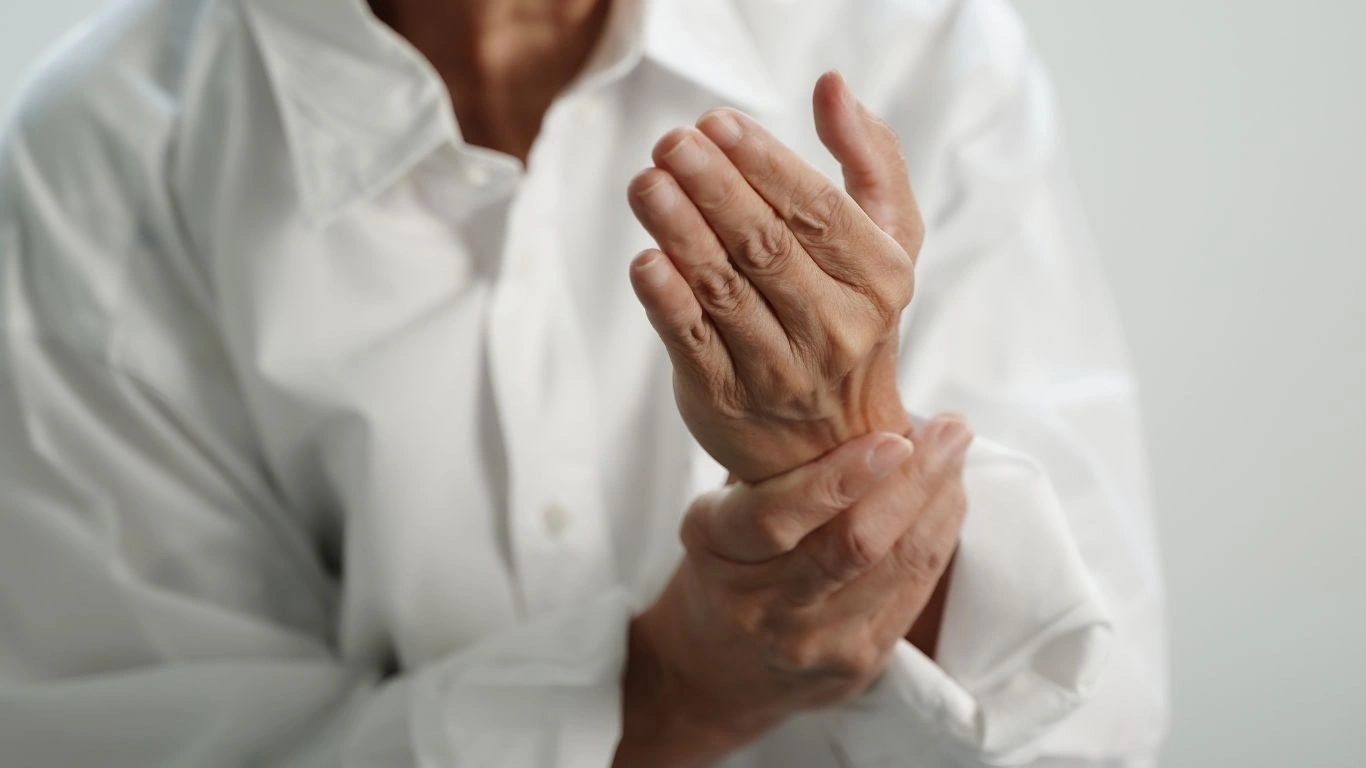
Conclusion
Living with both rheumatoid arthritis and menopause isn’t easy, but by understanding how they affect each other and taking steps to manage your symptoms, you can still live an active, fulfilling life. Be sure to work closely with your healthcare provider to develop a treatment plan that addresses both conditions. With the right approach, you can manage the challenges that come with RA and menopause and feel your best!

Tarra Nugroho is a dedicated Nurse Practitioner with a strong foundation in family and preventive care. She brings both compassion and clinical expertise to her practice, focusing on patient-centered care and health education. As a contributor to Healthusias.com, Tarra translates medical knowledge into clear, empowering articles on topics like women’s health, chronic disease management, and lifestyle medicine. Her mission is simple: help people feel seen, heard, and informed—both in the clinic and through the content she creates. When she’s not caring for patients, Tarra enjoys weekend hikes, plant-based cooking, and curling up with a good health podcast.

